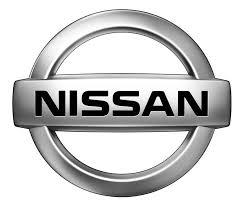PL720 2WD L4-1952cc 2.0L SOHC (Z20) (1985)
/Page-137003.png)
A Dangerous Trend
By the most reliable estimates, the total ozone level in the Earth's upper atmosphere decreased about 2.5% between 1978 and 1985. A 1% loss of ozone
results in an estimated 2% increase in the amount of ultraviolet radiation (UV) that reaches the surface of the earth. This has dangerous implications for
life as we know it. A 2% increase in UV will increase the number of human deaths from skin cancer by approximately 5%. UV also increases
the number of eye cataracts, causes damage to the human immune system, damages crops and marine life.
The Montreal Protocol
An agreement, called the Montreal Protocol, signed in 1987 by representatives of 31 countries including the United States, limits world production of
CFCs to 1986 levels and calls for further reductions of 50% by 1999. Another International Conference will be held in June, 1990, with the likelihood
that the schedule for a complete phase-out of CFCs will occur even earlier. This means that the supply of R12 refrigerant will decrease dramatically over
the next few years and the cost will increase.
Recycling Makes Good Sense
It's already established that making sure CFCs are not vented to the atmosphere is essential for the environment. With the supply of R12 decreasing and
the cost increasing, recycling all of the refrigerant you remove from vehicles during repairs or before a vehicle is crushed will make more and more
economic sense.
